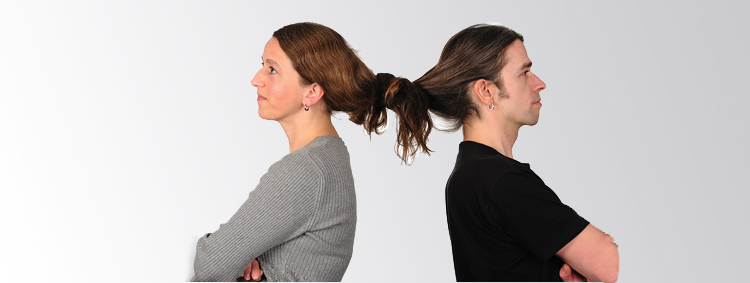Some couples come to our law offices requesting what they call an “agreed divorce.” To them, this means that they’ve thought about the issues, and agree in principle as to how they want to divide assets, handle the parenting schedule, what the child support amount should be, and whatever else might be needed in their divorce decree.
But sometimes, in talking to those couples, the only thing they’re really agreed on is that they’re agreeing to getting a divorce.
The concept of the agreed divorce is similar to an uncontested divorce, and often times, it’s more a concept than a reality. Uncontested, in fact, can be a misnomer–one party might take the lead on a divorce plan, and the other party follows, but upon reflecting on what’s in the proposed decree, it no longer seems like a good idea.
Couples who say they have an agreed divorce either do or they don’t. If they truly have agreed to all the terms of the divorce, and only need a lawyer to get it across the finish line, that’s something we can help expedite. (See my previous blog article on the pro se divorce for how that process works.)
If there are items on which they disagree, though, it won’t serve them well to have just one lawyer involved with the case. A lawyer can’t advise both parties in a divorce, and though a lawyer can talk through the possibilities for a decree with both parties, there comes a time in that discussion in which each party needs its own counsel to make the best possible decisions.
In cases like that, a collaborative divorce might be the best option. When a couple states a general agreement on the divorce, but they’re not quite eye to eye on all options, they’re probably willing to have some meetings and work out a compromise or a creative solution.
Collaborative divorce allows each party to be represented in the negotiations. Each party gets to consult with his or her lawyer about what’s best going forward. But rather than get bogged down in a court battle that is decided by a judge, the couple retains control over the situation. The lawyers in a collaborative case commit to bringing the couple to resolution. In fact, they sign a pact at the start saying that if the couple can’t come to an agreement, they have to get brand new lawyers to pursue a divorce through litigation.
If you don’t have an agreed divorce but think you could get there, we’re happy to meet with you and talk more with you about collaborative law, or other alternative dispute resolutions like mediation. While people who say they have an agreed divorce might not be as in sync as they think they are, agreement can also be closer than they think.

